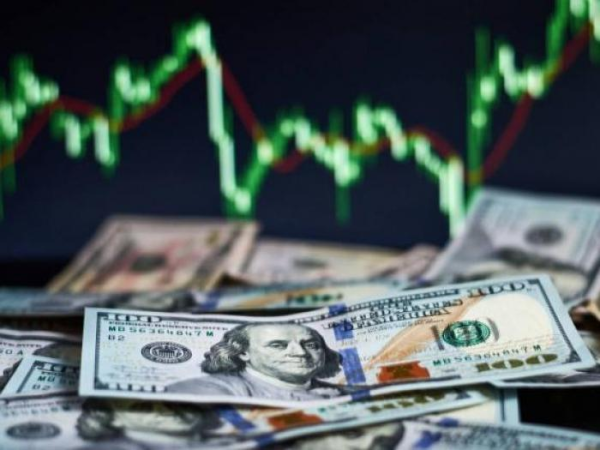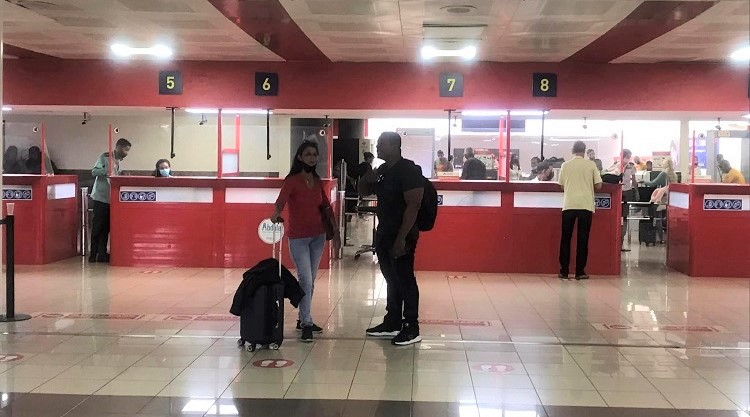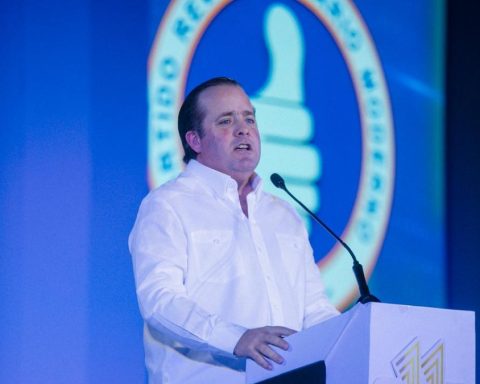In economics, swallow capital is defined as those investment resources that arrive in a country in the short term and then leave again. In general, these capitals arrive to take advantage of opportunities in specific situations.
(Proposal for a tax on swallowed capital shot up the price of the dollar).
Nevertheless, the greater the volume of investment, the greater its effects in economic, market and taxation matters when leakage occurs, which is why many experts consider this concept to be a ‘double-edged sword’ for economies.
For example, the flight of swallowed capital brings about the revaluation of the local currency, which has an unfavorable impact on exporters, among other effects.
Swallow capital investments are more common in countries in emerging economies such as Colombiaas there are markets that have not yet been explored or are only in early development.
(Dollar continues to rise and broke the $4,600 barrier).
The swallow capitals, which are technically called Foreign Portfolio Investment they look for short-term investment alternatives in TES, bonds or shares.
Colombian stock exchange.
Archive THE TIME
Although its concept is widely known by economists and market experts, recent statements by President Gustavo Petro have sparked discussion of this investment model among all Colombians, after he questioned the measures taken to control high inflation in Colombia.
According to the Colombian president, the rise in interest rates does not stop inflation, which is why he proposed a control of swallow capital, through a tax.
The initiative had a strong impact on the markets that further aggravated the depreciation of the Colombian peso and boosted the dollar in the already expensive country.
(President Petro questions rate hike and effect on the IPC).
Faced with the initiative, several former finance ministers spoke on the subject, including Rudolf Hommes, who was in that position in the government of César Gaviria.
“I don’t know why it is so attractive to some leaders to repeat the mistakes of others that led their countries to ruin. Taxing capital outflows can lead to the creation of a foreign currency black market again and will stimulate capital flight”, he claimed.
For his part, the Minister of Finance of the government of Iván Duque, Jose Manuel Restrepo stated: “Could it be that when the independence of the Central Bank is challenged, possible capital control measures or reforms against investment are announced, this happens and even more? Batteries! Expectations exist and are usually effective. There would still be time to correct or avoid talking so much.” commented the former minister.
Also the former Minister of Finance, Mauricio Cardenas, of the government of Juan Manuel Santos considers the proposal inconvenient because he said that “it would be suicide” for the economy, since it would cause the stampede of capital that would lead to more devaluation and inflation.
Finally the former minister John Camilo Restrepo pointed out that the “Exchange controls on capital outflows, in addition to being useless, would be to run the first mile of the race that led Argentina to the prostration in which it finds itself. I don’t think that this initiative by G. Petro will benefit from either Banrepública or Ocampo”, he tweeted on his Twitter account.
However, to clear up the uncertainties, Finance Minister José Antonio Ocampo stated that the “The government is not thinking of imposing exchange controls or taxes on foreign capital inflows into the country.”
BRIEFCASE
















